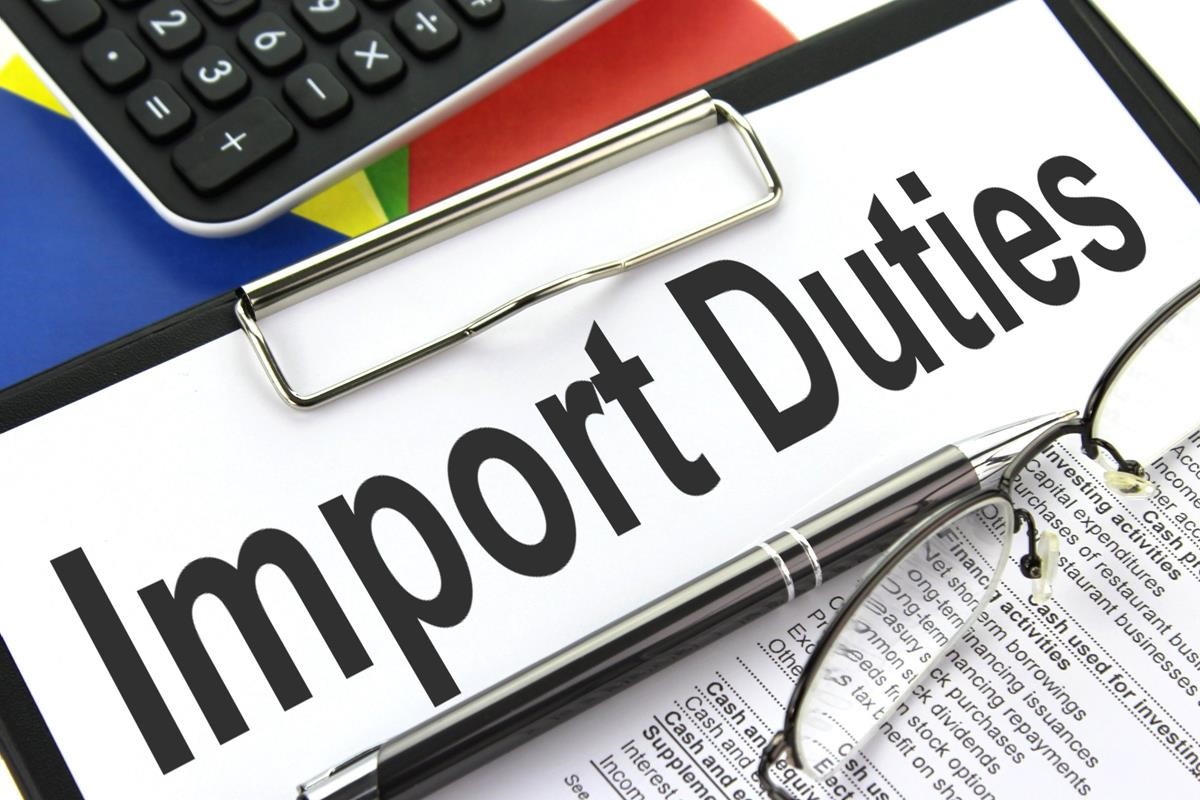

According to a senior US government official, the US government under Joe Biden will not lift the higher import taxes levied by the Trump administration on aluminium and steel products made in India until the "fundamental issue" of excess capacity and the actions that contributed to the issue are resolved.

On January 17, 2023, Arun Venkataraman, the US Assistant Secretary of Commerce for Global Markets, at a media briefing in New Delhi, said Washington, on the other hand, has taken note of the visa delays caused by the Covid-19 pandemic and is doubling direct hires at its embassy in India to expedite the process.
Venkataraman added Washington was upbeat about its growing economic relations with New Delhi, and Indo-US trade crossed the $160-billion threshold in 2021. Still, both governments believe it needs more potential.
“We are working with the private sector to identify what strategic elements we can change to create an environment in which we can not only meet but exceed the $500 billion (India-US bilateral trade) target in the long term... what barriers we can remove and what steps governments can take. It’s our job as government to maximise business opportunities,” he said.
Regarding the long-standing issue of resolving the additional import duties of 10% and 25% imposed by the Trump administration on specific aluminium and steel products from India and some other countries in 2018, respectively, Venkataraman said the US was committed to working with all of its trading partners to address the issue at its source.
"The situation that gave rise to the duty is a global one caused by a small number of players who have distorted the global market through non-market practices, resulting in global excess capacity. Section 232 investigations in the United States identified global excess capacity and the consequences of steel from other countries being pushed into the United States as a national security threat, posing an existential crisis for our steel and aluminium industries. The duties have been imposed to address those concerns and to ensure that those industries' capacity is fully utilised."
He added that by addressing the fundamental issue of excess capacity and the behaviours that gave rise to the problem, the US could move towards a system where steel and aluminium can be traded.
Responses








